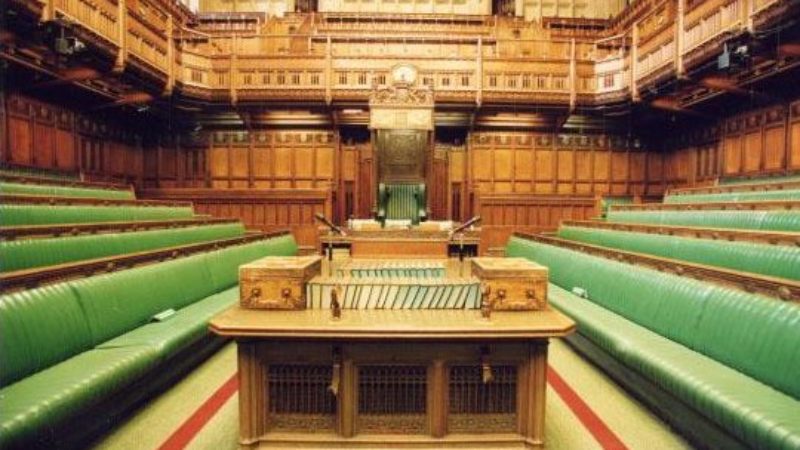
There has rightly been public outrage and anger at the rise in rough sleeping across London in recent years. A much less noticed consequence of the Conservative government’s welfare cuts and the ongoing housing crisis is the rise of families trapped in temporary accommodation. In 2019 London, temporary accommodation is not temporary at all, with families living in this kind of housing for over a decade in some boroughs. In the capital alone, there are currently 56,500 families living in this form of housing, which is often low quality and unstable.
Last year, parliament passed the Homelessness Reduction Act (HRA) to much fanfare. This week, I was invited by the housing, communities and local government committee to present the London local government perspective on the implementation of the piece of legislation.
The HRA was the biggest change to homelessness legislation in 40 years. It places new responsibilities on councils to work with residents at an earlier stage to try to prevent them from becoming homeless in the first place, or find them alternative accommodation as soon as possible. While local authorities welcomed the greater emphasis on prevention and early intervention, with some of us already carrying out this work, many of us in local government were sceptical of the government’s plans for its implementation while there was no sign that the systemic causes of homelessness would be addressed.
Placing new responsibilities on councils to house people without fixing the private rented sector, reversing welfare cuts or providing adequate funding of council house building means that more and more families are ending up trapped in temporary accommodation.
As well as not actually reducing homelessness, the HRA is severely underfunded. London councils estimated that the new burdens that the HRA put on local authorities – making more people eligible for housing assistance, and for longer – would cost £77m to fund in the capital. The government instead decided to set aside £10m per year for three years for the capital. In Redbridge, we estimated that implementing the act would cost us £4m. Last year we were granted £285,000 by MHCLG. Nationally, the government calculated that the act would cost £72.7m and that it would be cost-neutral after 2020. One year on, with the number of families living in expensive temporary accommodation rising, this does not seem likely.
Anyone who has lived in London knows that it is an expensive place to live – much more expensive than other parts of the country that haven’t seen the huge rise in house prices and rents that we have experienced. Instead of taking into account the higher cost of accommodation and staff in London, the government used national averages to calculate how much the HRA would cost us. Councils are having to fund the new responsibilities from their general funds, which – as we all know – have faced 60% cuts on average since 2010. In some local councils, that could mean cuts to libraries and social care to pay for new housing responsibilities that the Tory government has introduced without proper funding.
While it seems that the government is finally listening to those of us on the frontline about the need to regulate the private rented sector and increase the building of council homes, these changes have come far too late for the thousands of families already trapped in temporary accommodation. The proposed consultation on plans to scrap no-fault Section 21 evictions and the raising of the borrowing cap to allow councils to spend more money on building new council homes are welcome first steps. But, as we know, homes are not built overnight, and while landlords can continue to use Section 21, eviction from the private rented sector will remain the largest cause of homelessness in London.
In order to make the Homelessness Reduction Act a success, we need to see real investment from the government – not just warm words. If they were serious about solving the housing crisis, they would reverse the cap on housing benefit that they introduced, reform the private rented sector as soon as possible and make it easier for councils to build genuinely-affordable homes at social rent level by removing the restrictions they’ve placed on the spending of right to buy receipts. Only then will the Homelessness Reduction Act actually reduce homelessness.
This piece was commissioned by Tom Copley, who is guest editing LabourList today.




More from LabourList
Almost half of Labour members oppose plans to restrict jury trials, poll finds
‘How Labour can finally fix Britain’s 5G problem’
‘The University of the Air – celebrating 60 years of Harold Wilson and Jennie Lee’s vision’